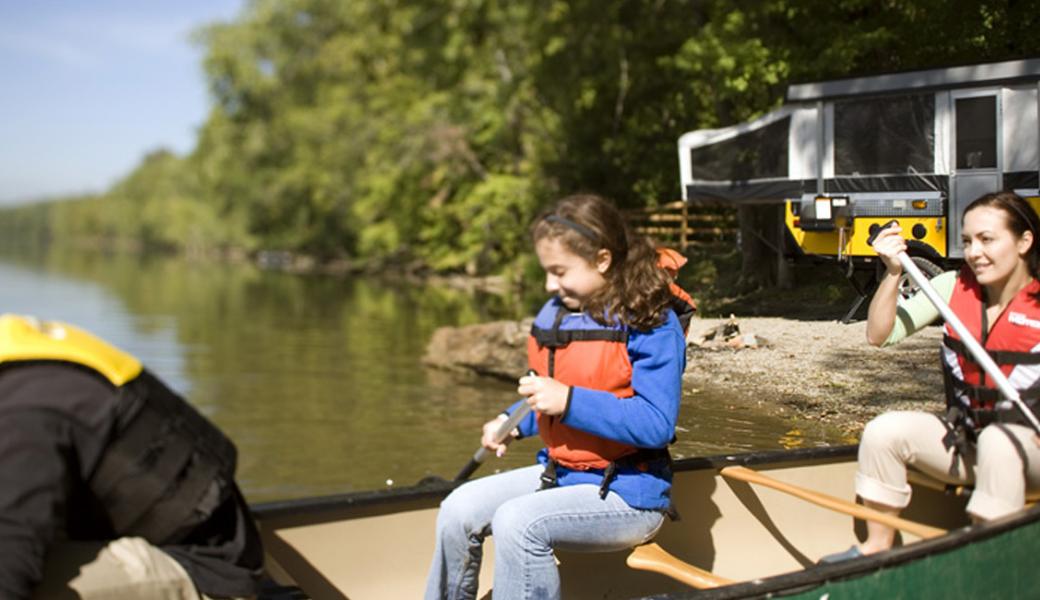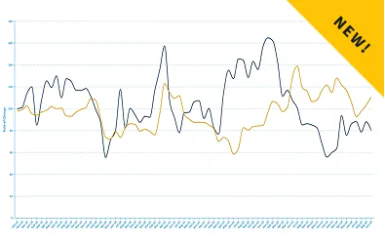Partners Outdoors Highlights Importance Of Outdoor Recreation

Last week, the Outdoor Recreation Roundtable hosted Partners Outdoors, a forum where representatives from the public, business, and non-profit sectors of the outdoor recreation industry gather to discuss ongoing outdoor recreation trends and the future of the industry. This year’s event featured speakers from a wide variety of organizations, including but not limited to the Environmental Protection Agency, U.S. Forest Service, U.S. Department of Agriculture, and U.S. Army Corps of Engineers.
“At this year’s Partners Outdoors event we had a lot of catching up to do after not holding one in 2020 due to the timing of the pandemic. With an increase in outdoor participation across the nation, the passage of the Great American Outdoors Act and full and permanent funding of LWCF, impacts of climate change and dynamic changes in recreation demand and technology, recreation as a rural economic driver and inequities in access, this convening was as informational as it was exciting and solution-oriented” said Jessica Turner, executive director of Outdoor Recreation Roundtable. “Any one of those issues would make for major discussions at Partners Outdoors, let alone all of them! We are so thankful for our informative speakers, everyone who attended and our sponsors including Brunswick Corporation, CHM Government Services, KOA, the Land and Water Conservation Fund Coalition, Mindgrub, Ocean Spray, Oregon State University Center for the Outdoor Recreation Economy, the VF Corporation, Vista Outdoor and Vista Outdoor Foundation and Winnebago Industries.”
The first day of the event kicked off with speaker Congressman Joe Neguse (D-CO), who discussed the bipartisan Simplifying Outdoor Access for Recreation (SOAR) Act. His prioritization of equitable access to outdoor spaces and the importance of addressing climate change set the tone for the remainder of the first day’s events, which focused on themes such as technology and access, diversity and inclusion, and sustainable development for rural communities. Following Neguse, KOA President & CEO Toby O'Rourke discussed the impact COVID had on camping and the RV industry.
The first day closed with remarks from Go RVing Vice President Karen Redfern who then introduced Nada Wolff Culver, the Deputy Director of Policy and Programs for the Bureau of Land Management. Redfern and Culver highlighted the importance of maintaining healthy outdoor spaces and practicing safe outdoor recreation habits.
Partners Outdoors’ second day began U.S. Department of Agriculture Secretary Tom Vilsack who highlighted the role of the outdoor recreation industry in creating jobs, creating equitable access to outdoor spaces, and engaging the future generation.
“Now is the time to deliver recreation differently, and more importantly, to expand access to public lands and benefits for all Americans,” said Agriculture Secretary Tom Vilsack. “The visitation increase we saw in 2020 and expect to see again this year provides a great opportunity to meaningfully serve more Americans, increase the economic vitality and quality of life in communities, improve mental and physical health, and connect even more people to conservation.”
Additional sessions also largely focused on the outdoor industry workforce, career pathways, and bridging the skills gap. There was also discussion surrounding transportation legislation, the future of recreation funding, and the importance of technology and communications. John Armor, Director of the Office of National Marine Sanctuaries, made the day’s closing remarks, emphasizing the importance of aquatic recreation and marine sanctuaries.
Over the course of both days, there were many mentions of the Great American Outdoors Act, which was signed into law during the Trump administration and provides $1.9 billion a year for five years to fund the maintenance and improvement of national parks, forests, wildlife refuges, recreation areas, and other outdoor infrastructure. There was also discussion surrounding the America the Beautiful Act, an initiative started by the Biden administration to preserve 30% of the United States’ lands and waters by 2030.
Please Sign in to View
Log in to view member-only content.
If you believe you are receiving this message in error contact us at memberservices@rvia.org.

